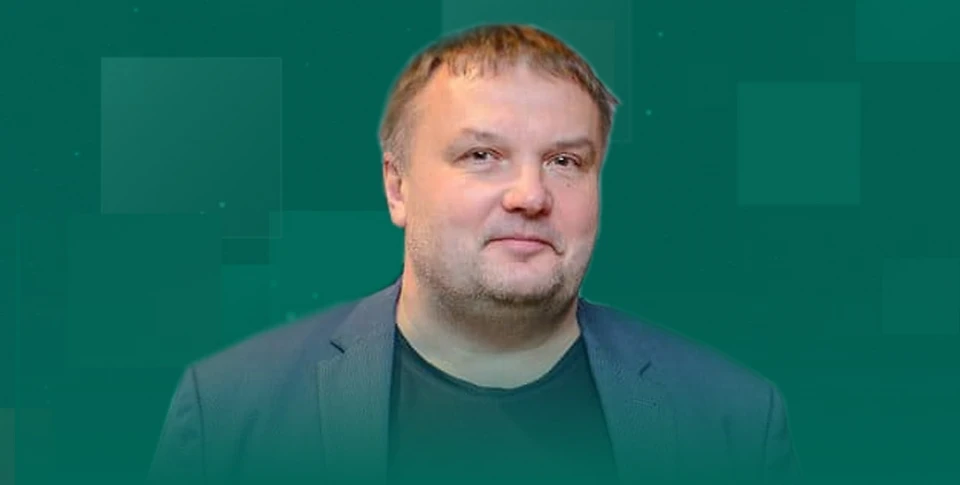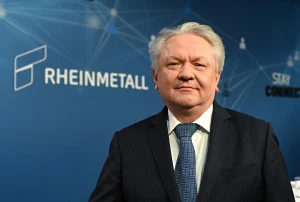
Kellogg's postponed visit: no time for quick chess
Trump's envoy, Keith Kellogg, has delayed his visit to Kyiv until at least January 20. What does this signify?
I’ve said it before: Putin isn’t ready to negotiate. His condition is clear but impossible — Ukraine must officially surrender its territories. It’s a scenario that echoes Czechoslovakia in 1938 or post-war Finland.
Trump, as I understand, expects Ukraine to signal readiness to abandon NATO membership in exchange for expanded security guarantees. This, it seems, is one of the basic principles for negotiations (essentially the start of dialogue with Putin). So far, Ukraine has made no such signal.
We should note the Biden administration’s stance, which has significantly raised the stakes in its final days. One major example is Ukraine’s recent strike on Ust-Luga, Russia's key oil and gas transshipment hub in the Baltic.
"For nearly a year, this port was off-limits. The Biden administration avoided targeting it out of fear that such strikes could drive up oil prices."
Now, we need to see how things unfold. On one hand, this latest strike is a clear warning to Russia of potential escalation. On the other hand, it raises a question: for Trump, is this escalation part of a path to peace, or is it an unwelcome complication, given that neither the U.S. nor the world is ready to replace Russian oil supply overnight? Sometimes, the fear of losing oil revenues outweighs the actual impact of the loss itself.
Let’s not forget Trump’s announcement of a 10% tariff on European goods — a move that could bankrupt several European economies. The continuation of this war strengthens the EU's negotiating leverage with the U.S. However, this is a fragile issue. It’s not a done deal, nor is there a consensus in the EU, but it’s a factor Trump’s team can’t ignore.
"In an interview with Lex Fridman, Zelenskyy laid out his vision for the negotiation process: first, the U.S. and Ukraine agree on a joint position, then talks with Putin begin. It’s unlikely Trump’s team will back such a plan unconditionally at this stage."
Meanwhile, Trump’s approach to dialogue with Beijing remains unclear. So far, we’ve only heard about the “force” option. But as I’ve often said, without China, it’s nearly impossible to solve the peace equation or even freeze the conflict.
We also need to consider Ukraine’s internal developments, which the Trump team is closely monitoring.
From Trump’s perspective, postponing Kellogg’s visit makes sense. There’s no quick solution in sight, so there’s no point in heading to Kyiv. However, Trump’s team currently has no alternative to the Kellogg plan. This leaves all decisions postponed, at least until February. Moscow understands this. That’s why recent narratives about “simple solutions” and “amputating unnecessary territories” have become the go-to rhetoric for pro-Russian conservatives and other useful idiots.
Still, the Trump team knows that by February, critics will be asking: “Did you solve the Ukraine issue in one day as promised?” If there’s no other topic to overshadow Ukraine, the Trump team may be forced into playing quick chess. I stand by my view that only two things can push Putin to negotiate: cutting off his oil revenues or losing China’s support.
About the author: Vadym Denysenko, political scientist.
The editorial team does not always share the opinions expressed by the blog authors.
- News













































